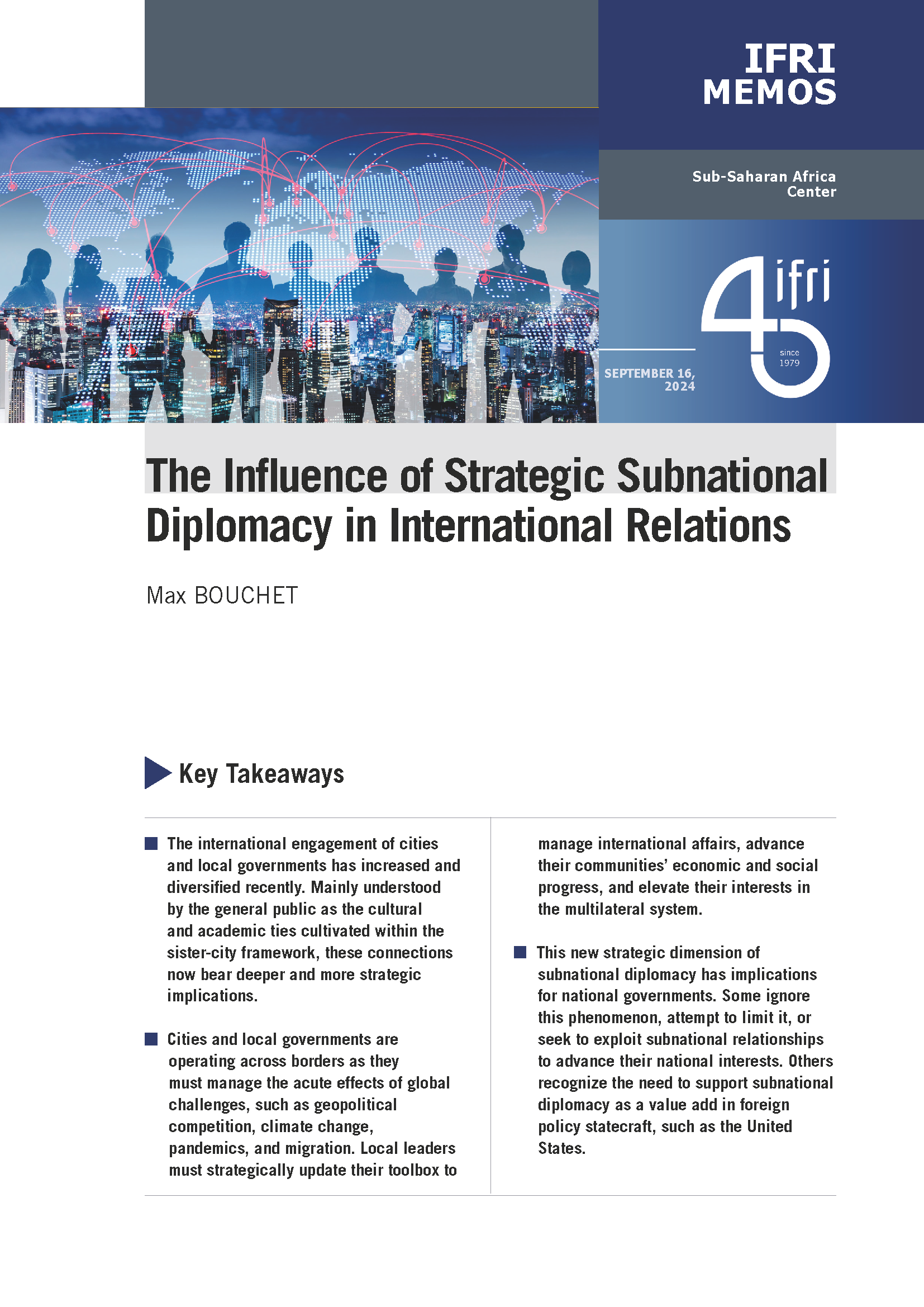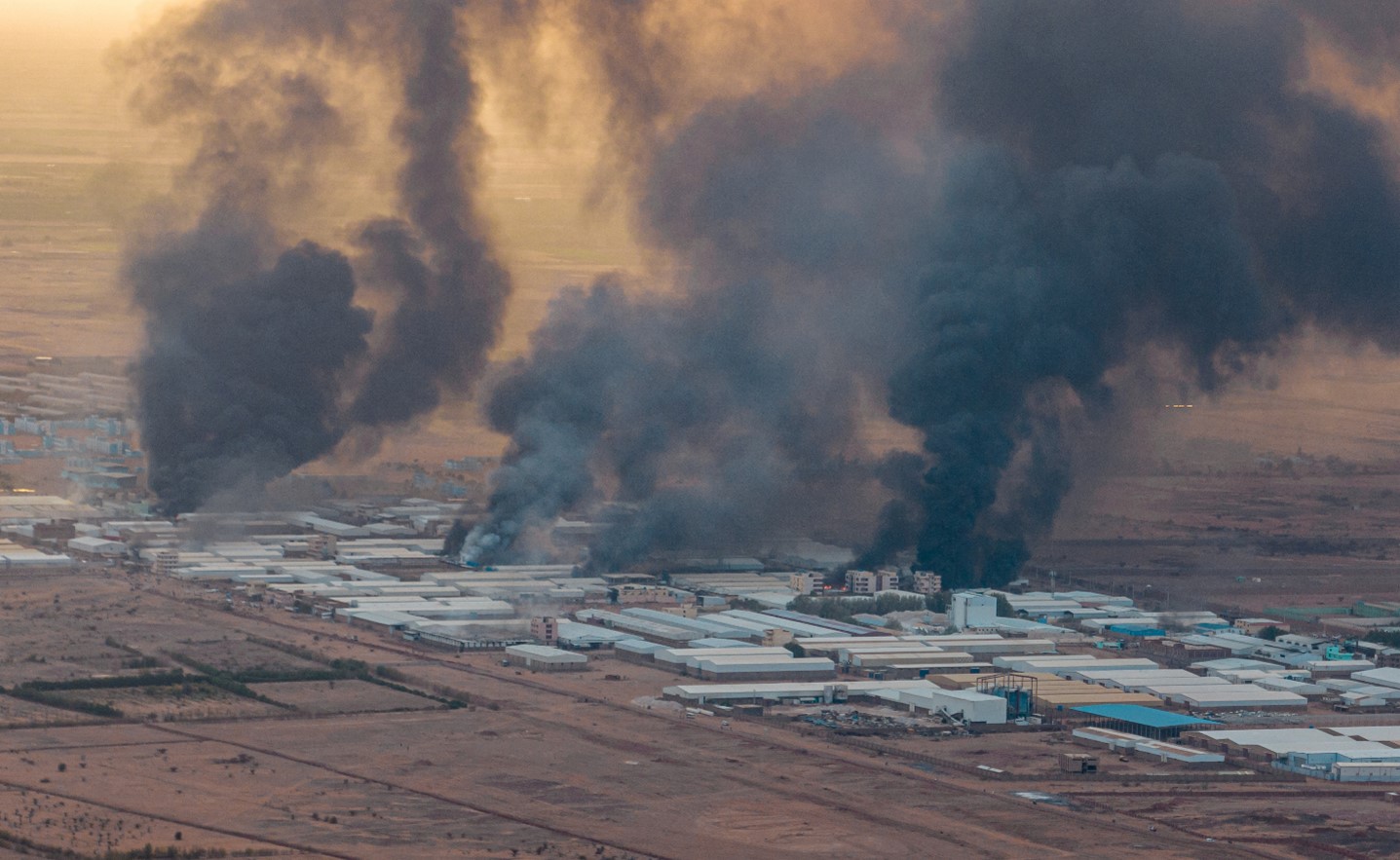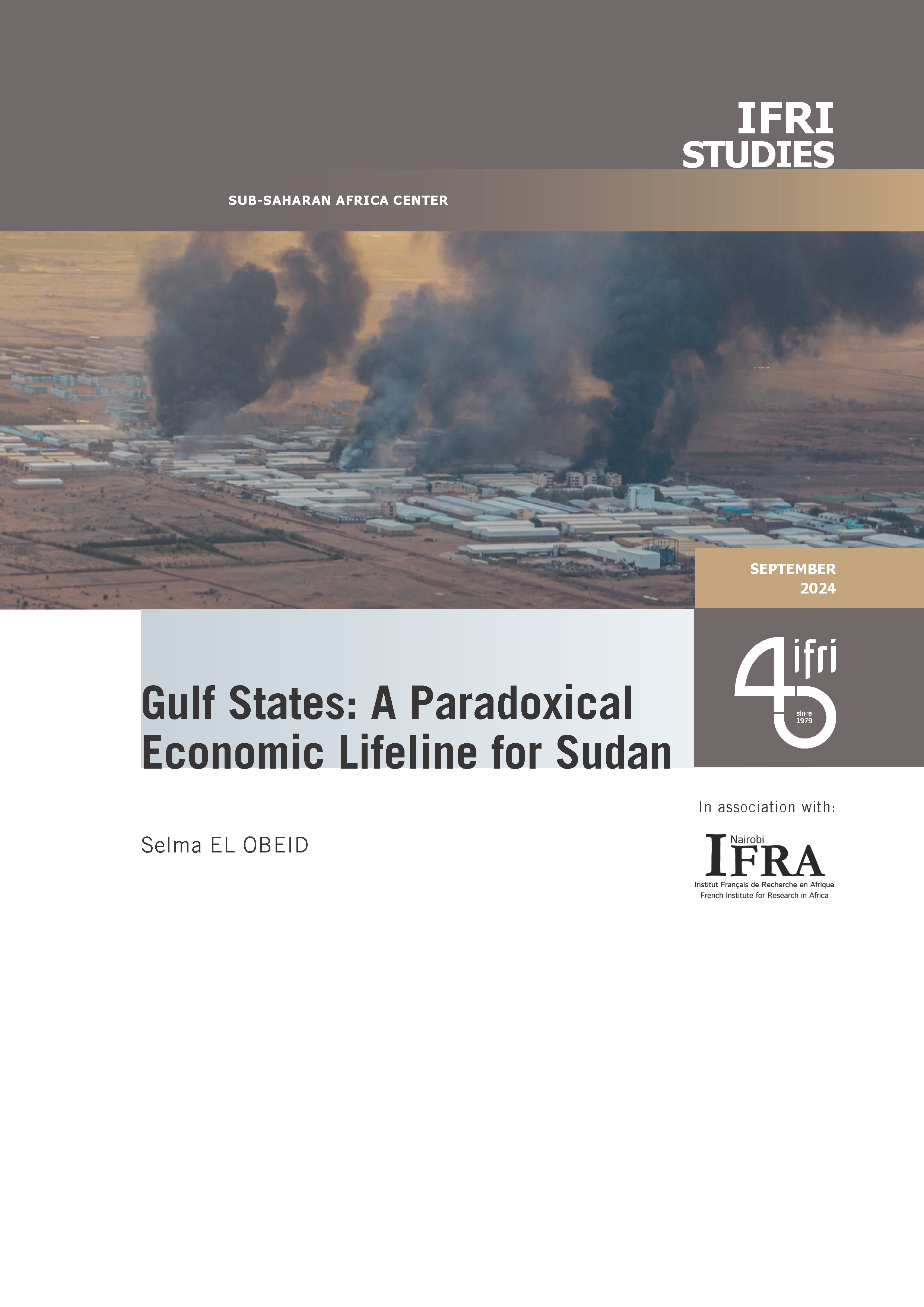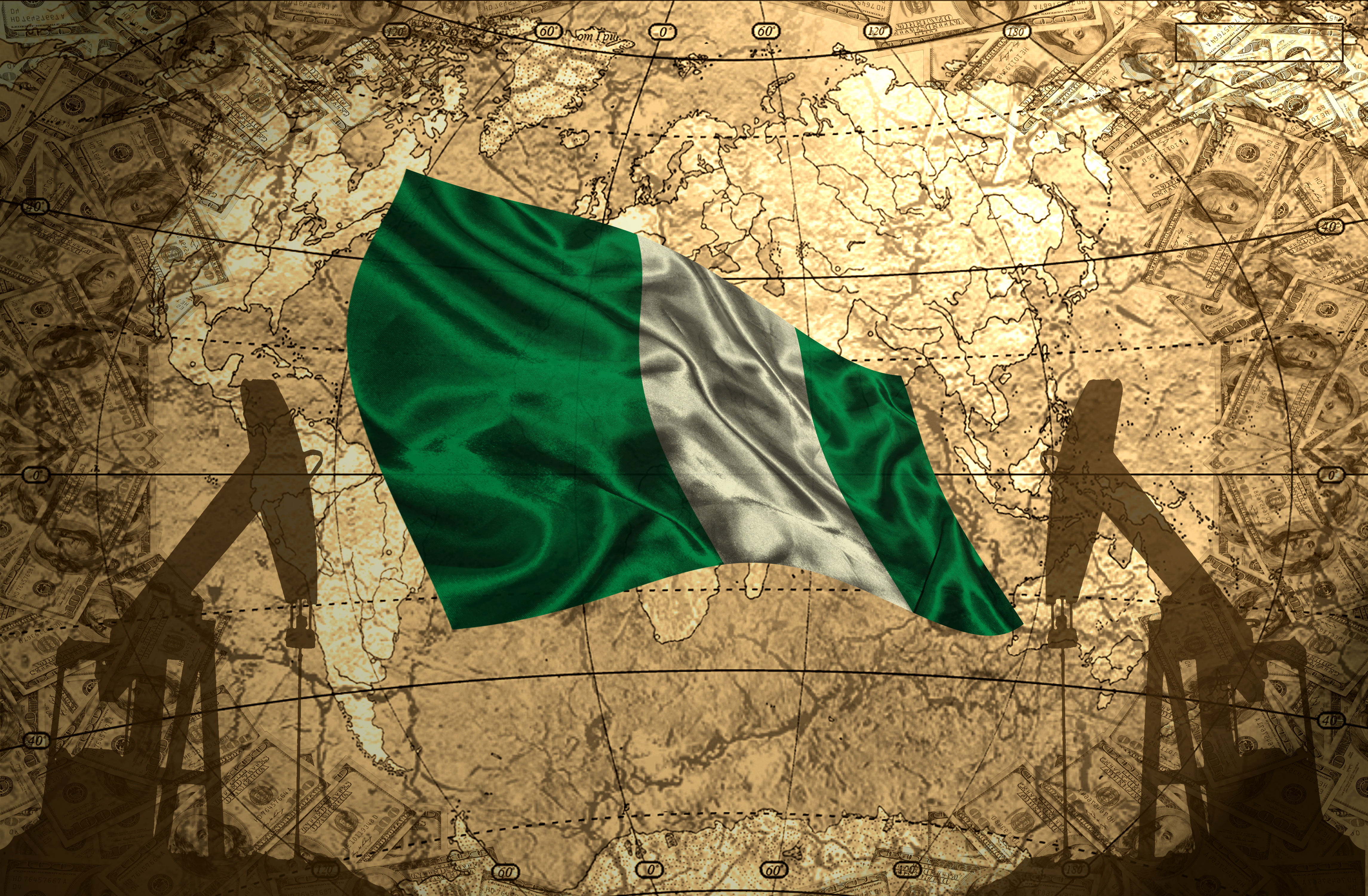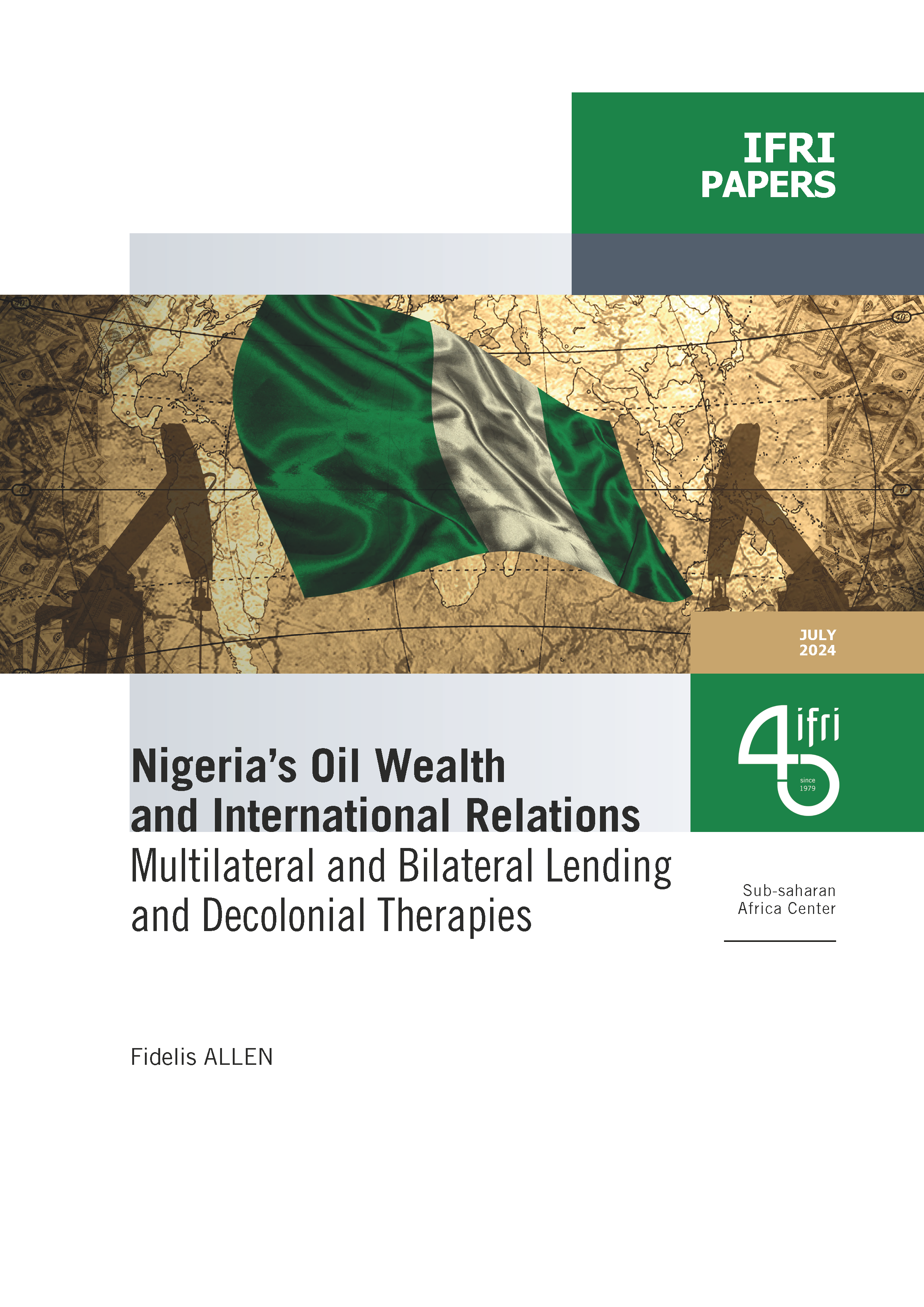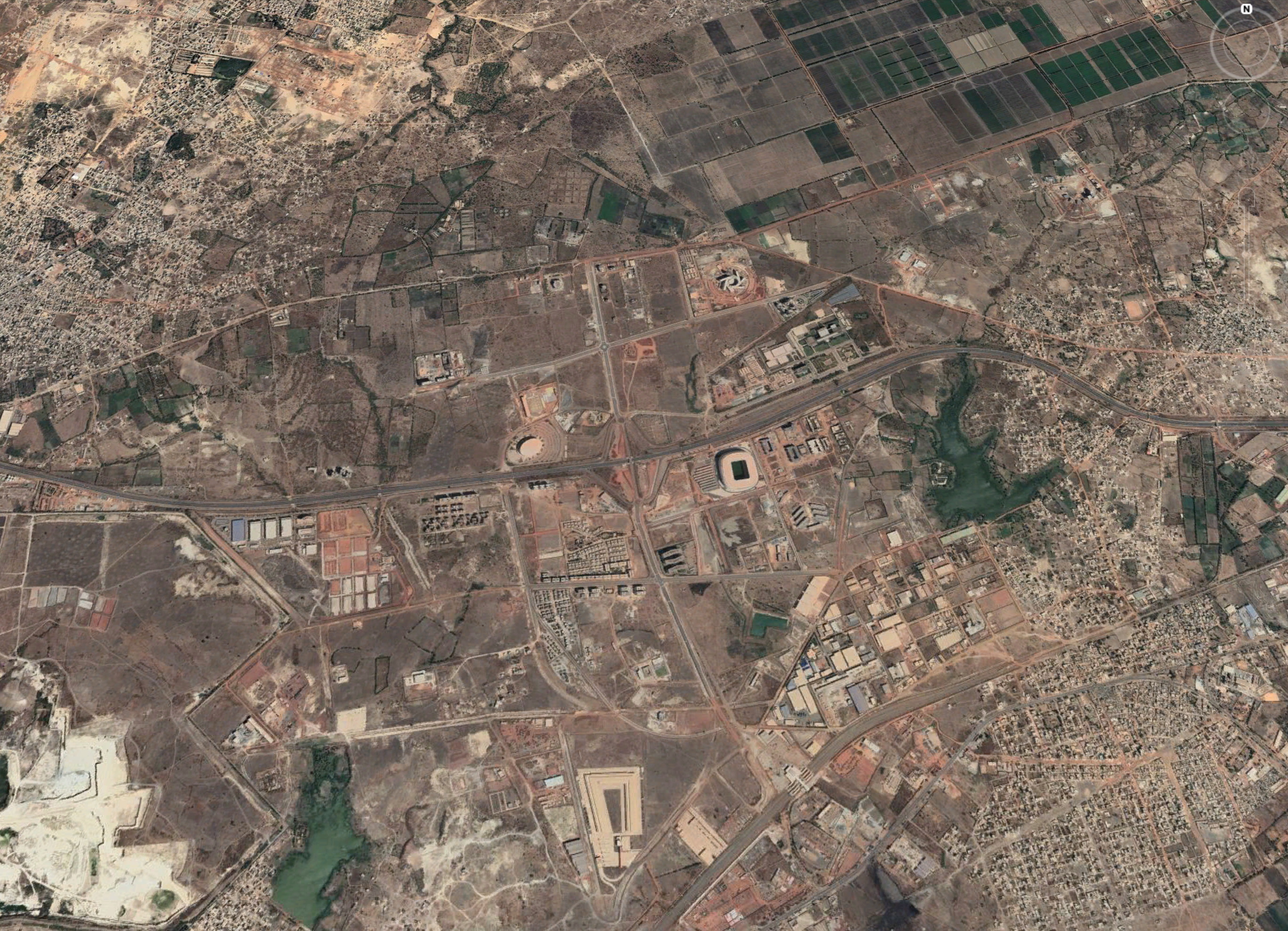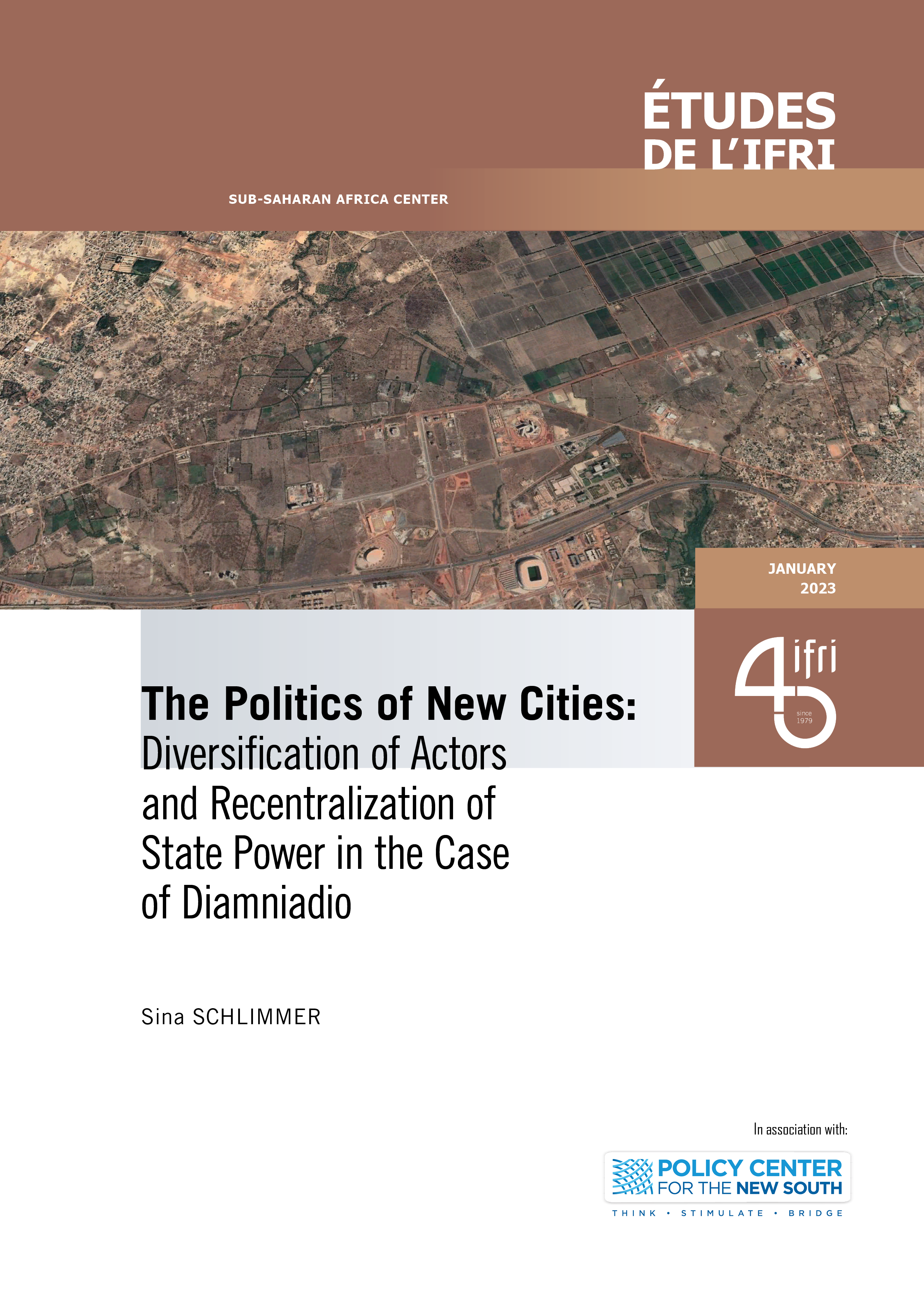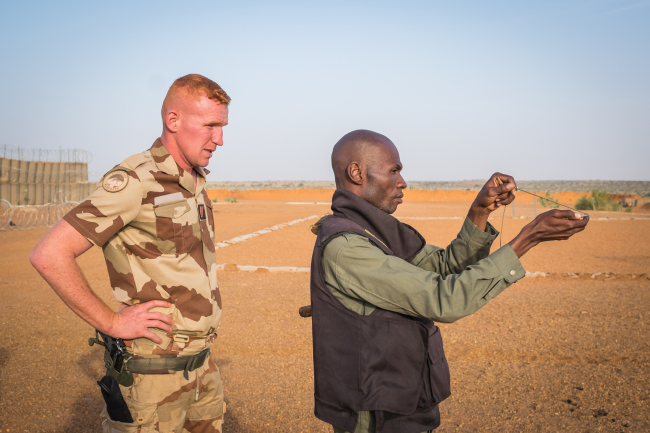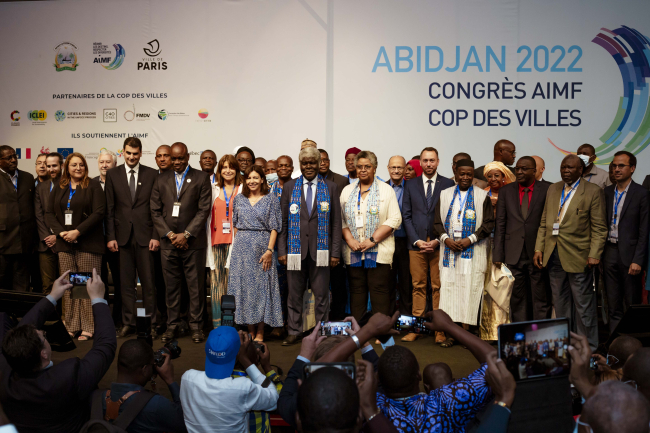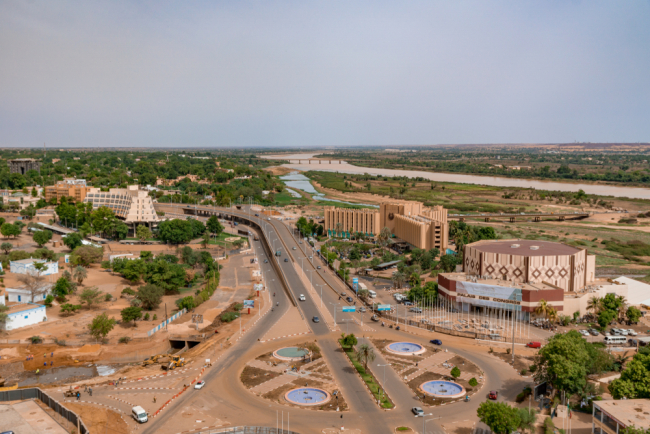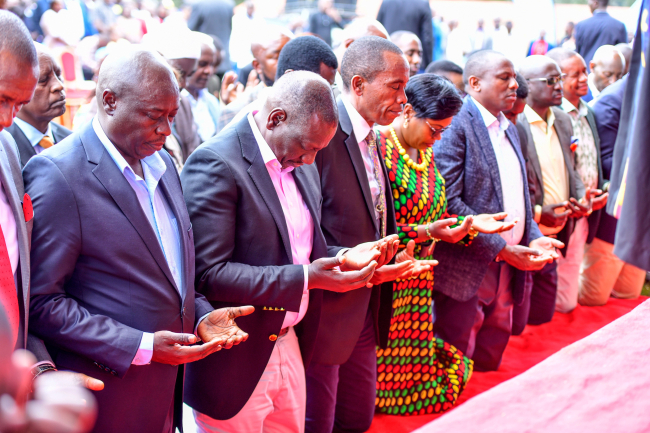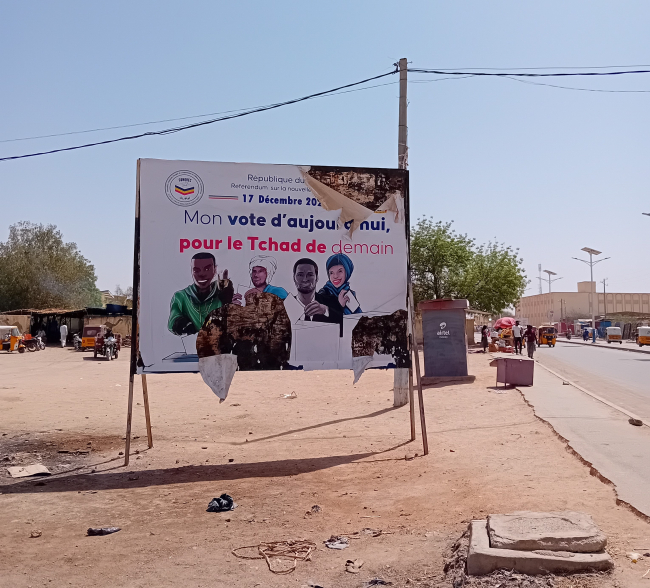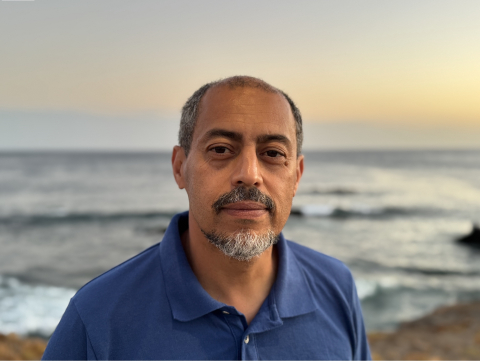Sub-Saharan Africa Center
Founded in 2007, Ifri's Sub-Saharan Africa center produces an in-depth analysis of the African continent and its security, geopolitical, political and socio-economic dynamics (in particular the phenomenon of urbanization). The Center aims to be both, through various publications and conferences, a space for disseminating analyzes intended for the media and the public but also a decision-making tool for political and economic actors with regard to the continent.
The center produces analyses for various organizations such as the Ministry of the Armed Forces, the Ministry of Europe and Foreign Affairs, the Organization for Economic Cooperation and Development (OECD), the French Development Agency (AFD) and even for various private supports. Its researchers are regularly interviewed by parliamentary committees.
The organization of events of various formats complements the production of analyzes by bringing the different spheres of the public space (academic, political, media, economic and civil society) to meet and exchange analytical tools and visions of the continent. The Sub-Saharan Africa Center regularly welcomes political leaders from different sub-Saharan African countries.
Read more

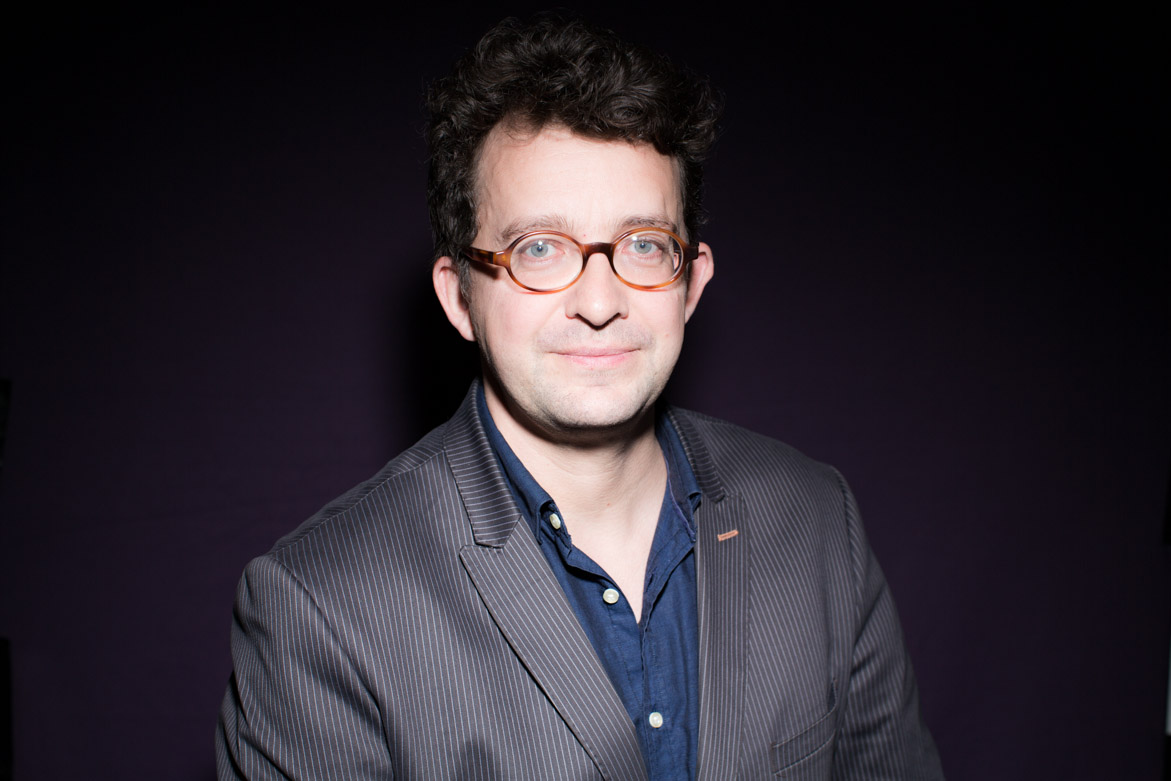
Researcher and Head of the Sub-Saharan Africa Center, Ifri
Publications
See all our interventions
Flagship Publications
Titre Bloc Axe
Areas of Research
See all our interventions
Titre Axe de recherche
Governing the Urban Transition in Africa
Governing the Urban Transition in Africa Research Program, created within the Ifri Sub-Saharan Africa Center, addresses the major challenges of urban development in Africa through a sectoral and transversal approach structured around three key sectors: land issues, urban infrastructure and mobility.
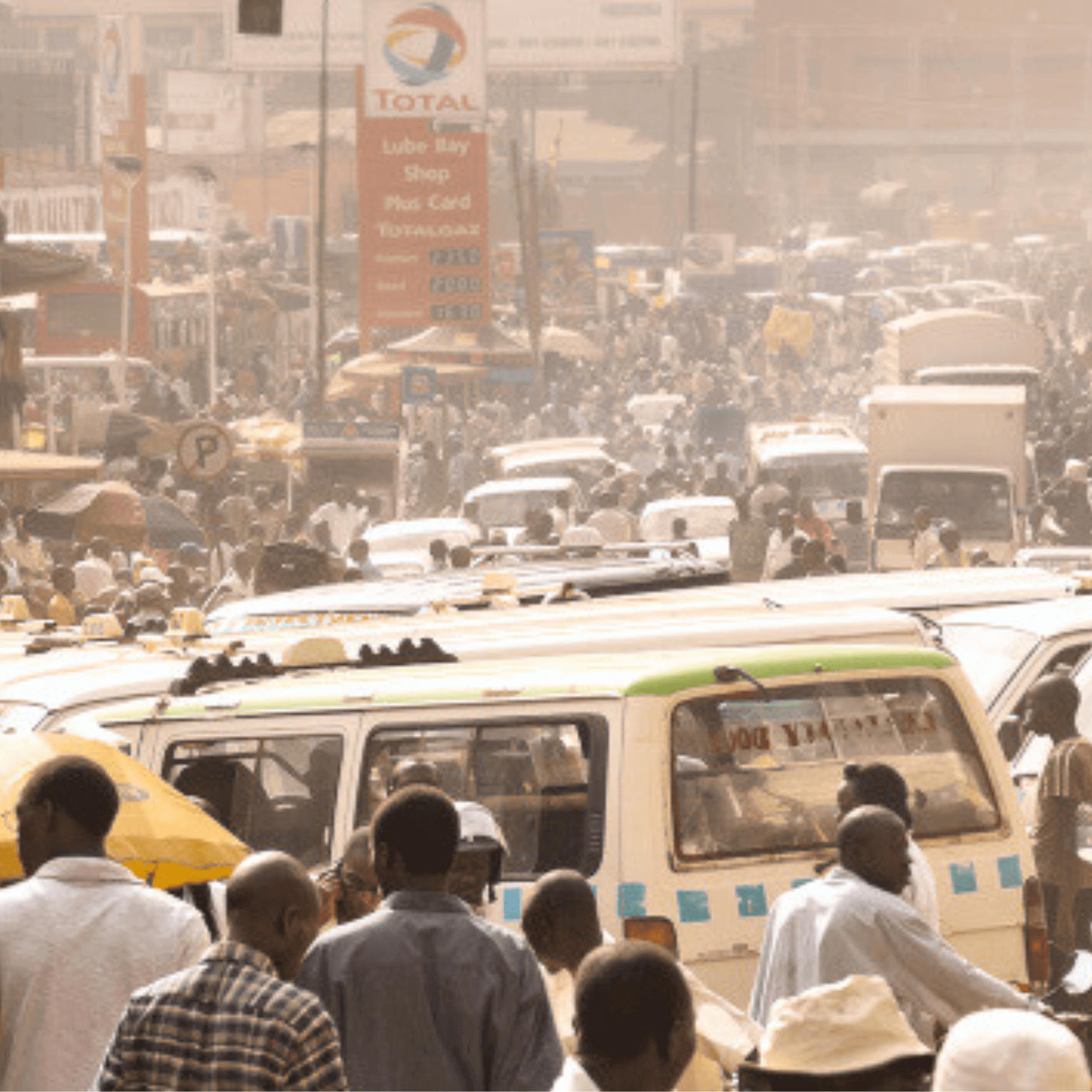
Titre Axe de recherche
Africa on the International Scene
The Africa on the International Scene research axis whithin Ifri's Sub-Saharan Africa Center aims at analyzing the African policies established by the traditional partners of the African continent (France, UK, etc.) as well as by the emerging States (China, Turkey, Brazil, etc.).
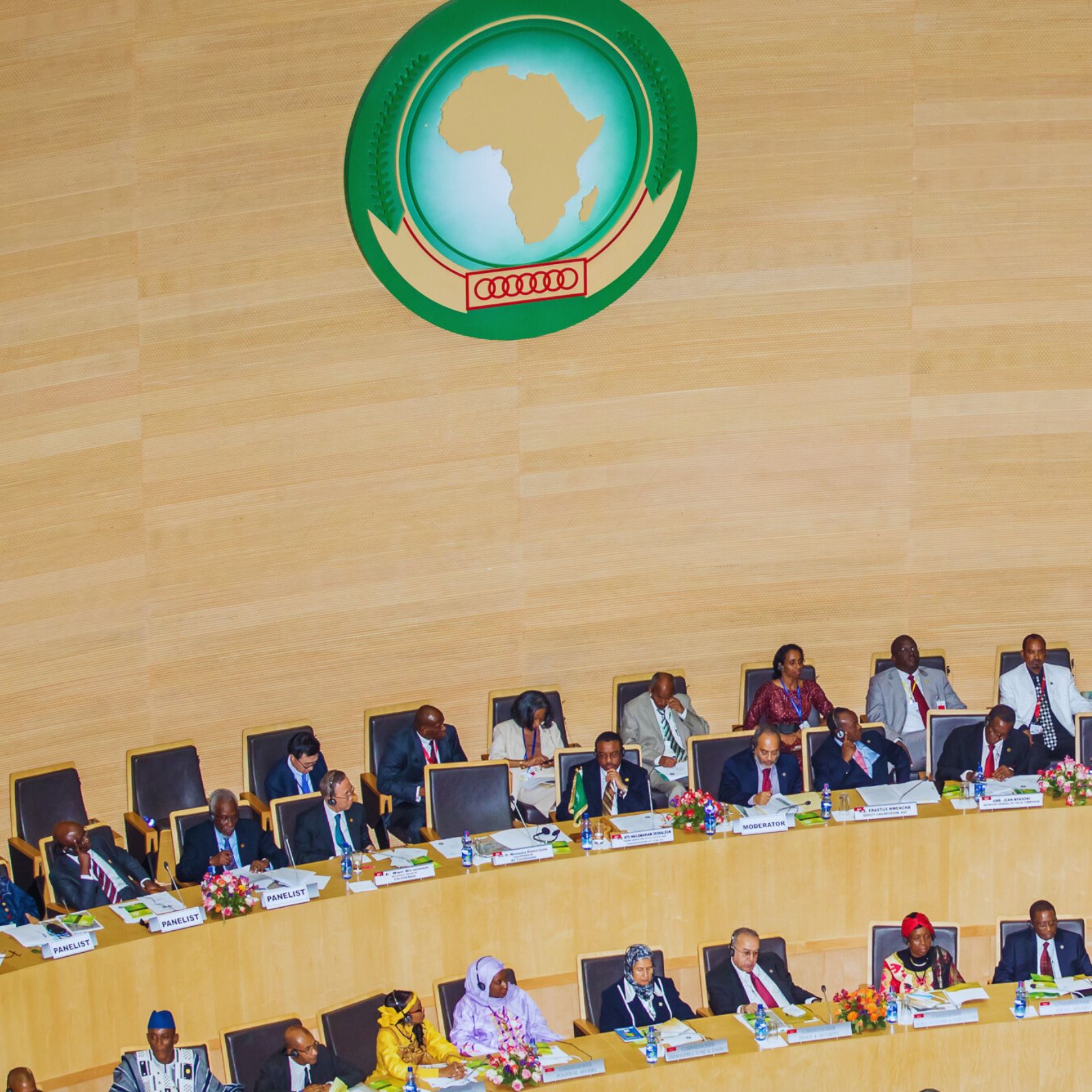
Titre Axe de recherche
Security Issues
The Security Issues research axis of Ifri's Sub-Saharan Africa Center explores the security stakes at play in the Sahel and in the Great Lakes regions. It notably examines the armed movements, the economies of illicit trades and the tensions surrounding natural ressources.
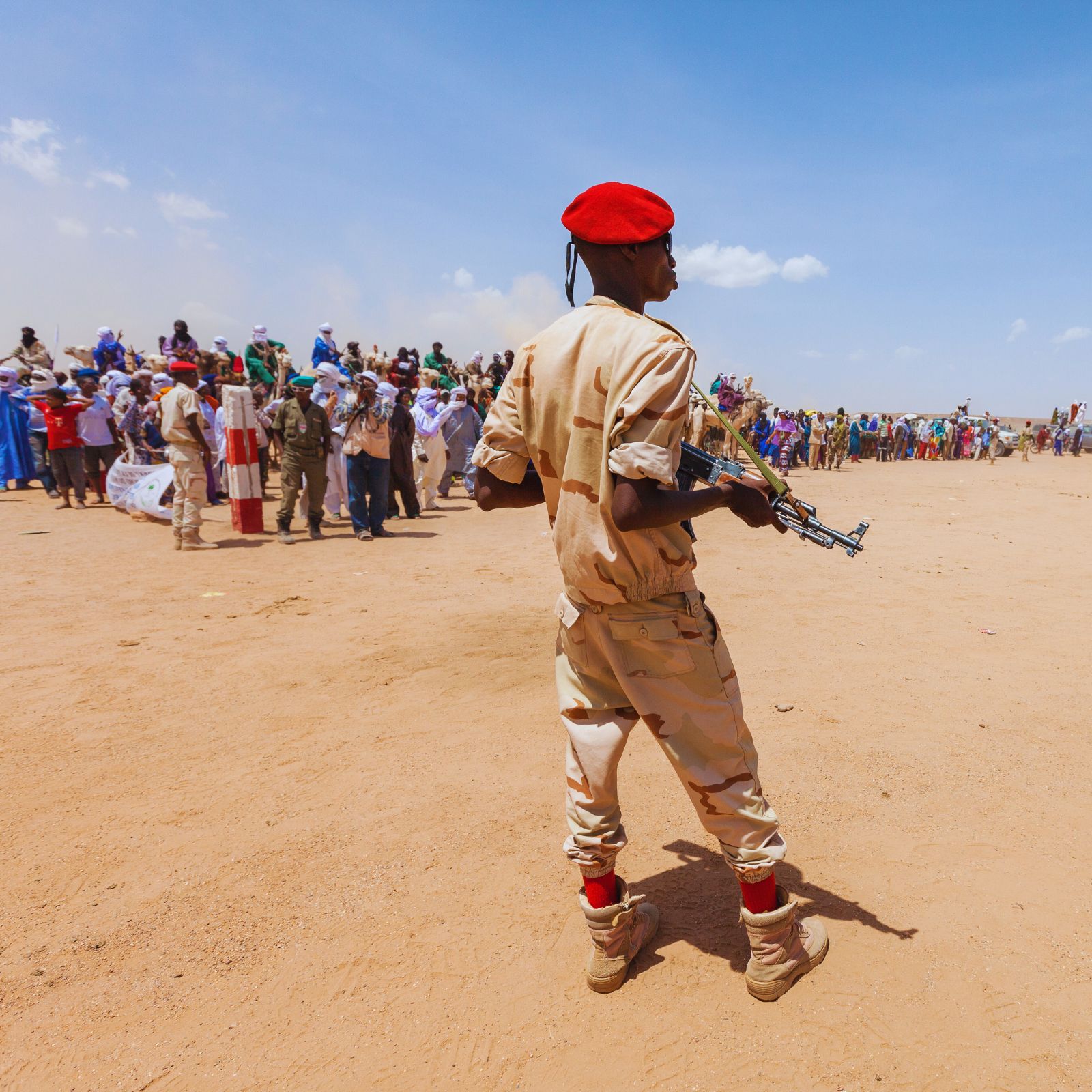
Titre Axe de recherche
Elections, Governance and Evolution of the State in Africa
The Elections, Governance and Evolution of the State in Africa research axis whithin Ifri's Sub-Saharan Africa Center covers electoral processes, domestic political dynamics, public policies, State governance practices, as well as State model evolutions on the African continent.
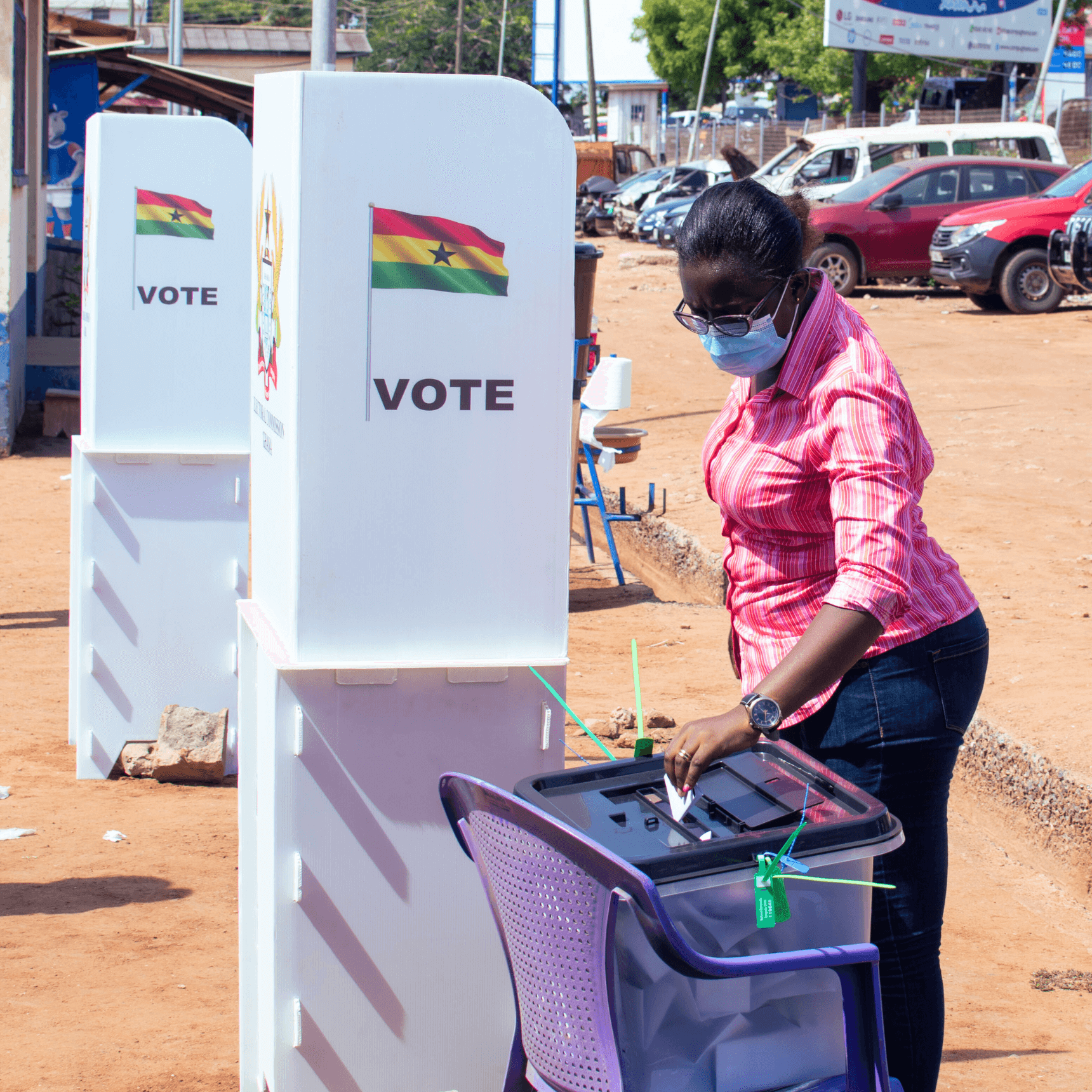
Titre Axe de recherche
Socio-economic Transformation of Africa
The Socio-economic Transformation of Africa research axis whithin Ifri's Sub-Saharan Africa Center focuses on African middle-classes, on African cities as a growth factor, on the urbanization of the continent as an element of transformation of African societies as well as on competition for access to land.
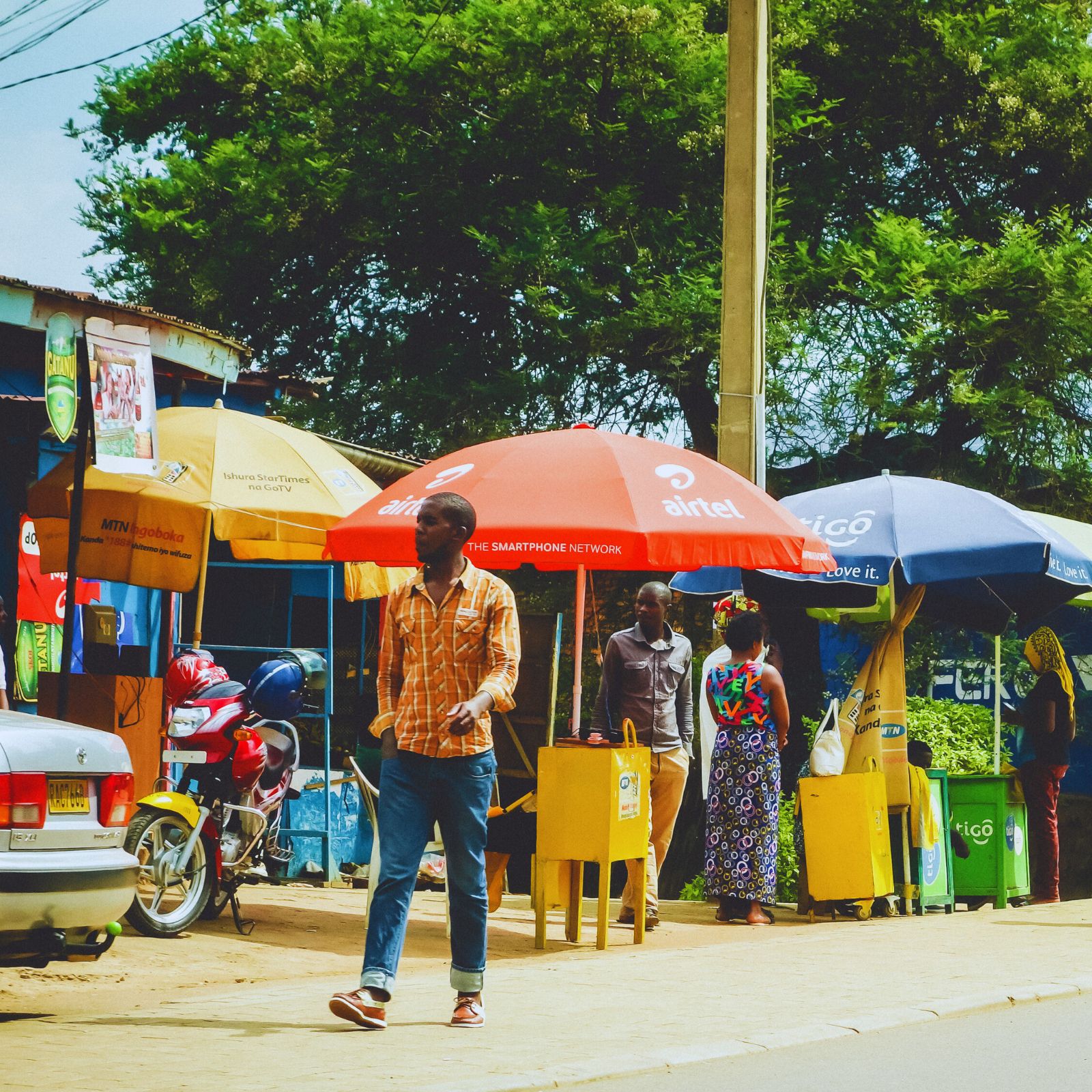
Titre Axe de recherche
Energy Challenges in Africa
The Energy Challenges in Africa research axis whithin Ifri's Sub-Saharan Africa Center adresses the exploitation of extractive natural resources on the African continent. It also covers the geopolitical stakes that derive from it, and the governance practices in this sector implemented by producing countries and by those about to become producing, such as East African States.

Publications
Anglo-Kenyan Relations (1920-2024) : Conflict, Alliance and a Redemptive Arc
This article provides an evidentiary basis for postcolonial policy in its analysis of Anglo-Kenyan relations in a decolonization era.
When City Diplomacy Meets Geopolitics: A Framework to Help Cities Navigate Geopolitical Risk
Crises and the increasing polarization of international relations make political risk analysis an indispensable resource for internationally active public and private entities.
The United Nations Mission in Congo or the exemplary uselessness of the United Nations peacekeepers
During the M23 conflict in 2012-2013 in the Democratic Republic of Congo (DRC), the United Nations (UN) took the diplomatic initiative (by initiating the Addis Ababa agreement) and the military initiative (by launching a coordinated counter-offensive with the Congolese army). Since the resurgence of this conflict in 2022, the United Nations, which still has more than 10,000 peacekeepers deployed in eastern DRC, no longer plays any role.
Rebooting Italy's Africa Policy: Making the Mattei Plan Work
Against the backdrop of increasing anti-French rhetoric across parts of Francophone Africa, the relative failure of the counterinsurgency operation in the central Sahel (Operation Barkhane) and diplomatic rifts with several Sahelian countries, Paris has been rethinking its relationship with the continent for several years now. As a former imperial power that has seen its colonial domain in Africa gain independence between 1956 (Morocco-Tunisia) and 1977 (Djibouti), France has invented two successive roles for itself in Africa since 1960, particularly in French-speaking sub-Saharan Africa.
The dilemma of the Franco-African military relationship: reinvent or turn the page?
The origins of military presence and cooperation in Africa can be traced back to the tacit decolonization pact between the countries of French-speaking Africa. This cooperation led to the creation of African armies in the former colonies, as part of a project to prevent the spread of communism and maintain France's influence in the newly independent countries.
The Evolution of City Diplomacy in Africa: Impact, Potential, and Ongoing Challenges of African Cities’ International Activities.
Over the past decades, African cities have ranked among the leading players in the evolution of city diplomacy. Indeed, municipalities across the continent have gone beyond simply adapting to shifting trends in international cooperation. They have been shaping the current partnership approach that sees local authorities worldwide working together to pursue shared goals and address common urban challenges such as climate change, migration, and social justice.
The High Authority for Peacebuilding (HACP) in Niger 2011-2023. Placing the State at the heart of conflict prevention and management.
Like other Sahelian countries, Niger has been affected by terrorism for almost two decades now. This issue has highlighted both the limits of these countries’ security systems and, more profoundly, their inability to offer stability to the populations of certain parts of the country. In a way, these “jihadized insurgencies” are a continuity of groups that regularly take up arms against central states.
Kenya’s Spiritual President and The Making of a Born-Again Republic: William-Ruto, Kenya’s Evangelicals and Religious Mobilizations in African Electoral Politics
Over the last two decade, the growing influence of Evangelicals and their leaders in electoral politics is one of the most significant developments in the East African region and the Horn of Africa. Their numerical and demographic growth seems to go together with their growing influence in these countries’ political scenes, especially in the spheres of electoral politics, society, and governance.
Chad: from Deby to Deby. Recipes for a successful succession (2021-2024)
As in Togo and Gabon, the transition that took place in Chad from 2021 to
2024 resulted in a dynastic succession. Mahamat Idriss Deby succeeded his
father, Idriss Deby Itno, who was President of Chad from 1996 to 2021. While
the majority of Chadians were hoping for a change of government, the “Deby
system” has managed to hold on.
The Influence of Strategic Subnational Diplomacy in International Relations
The international engagement of cities and local governments has increased and diversified recently. Mainly understood by the public as the cultural and academic ties cultivated within the sister-city framework, these connections now bear deeper and more strategic implications.
The Team

Our research fellows: Sub-Saharan Africa Center
Related research programs
Support independent French research
Ifri, a foundation recognized as being of public utility, relies largely on private donors – companies and individuals – to guarantee its sustainability and intellectual independence. Through their funding, donors help maintain the Institute's position among the world's leading think tanks. By benefiting from an internationally recognized network and expertise, donors refine their understanding of geopolitical risk and its consequences on global politics and the economy. In 2024, Ifri will support more than 70 French and foreign companies and organizations.






